Publications
Articles, publications, books, tools and multimedia features from the U.S. Institute of Peace provide the latest news, analysis, research findings, practitioner guides and reports, all related to the conflict zones and issues that are at the center of the Institute’s work to prevent and reduce violent conflict.
Question And Answer
Whither NATO at 75?
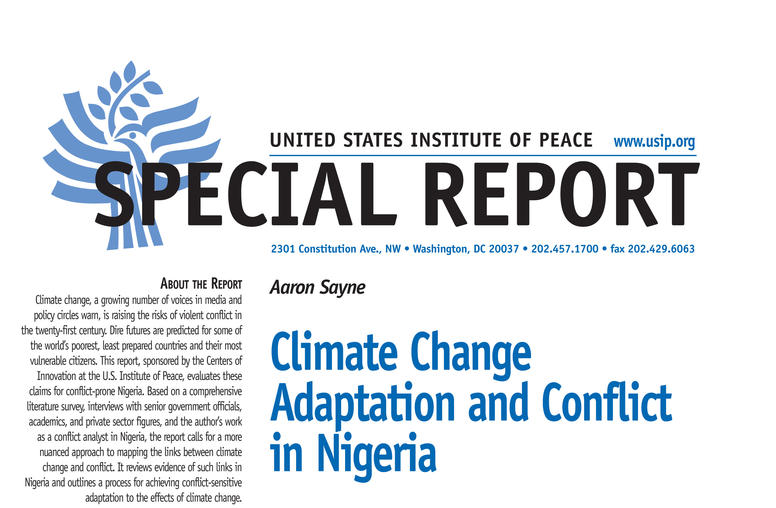
Climate Change Adaptation and Conflict in Nigeria
Climate change, a growing number of voices in media and policy circles warn, is raising the risks of violent conflict in the twenty-first century. Dire futures are predicted for some of the world’s poorest, least prepared countries and their most vulnerable citizens. This report, sponsored by the Centers of Innovation at the U.S. Institute of Peace, evaluates these claims for conflict-prone Nigeria.
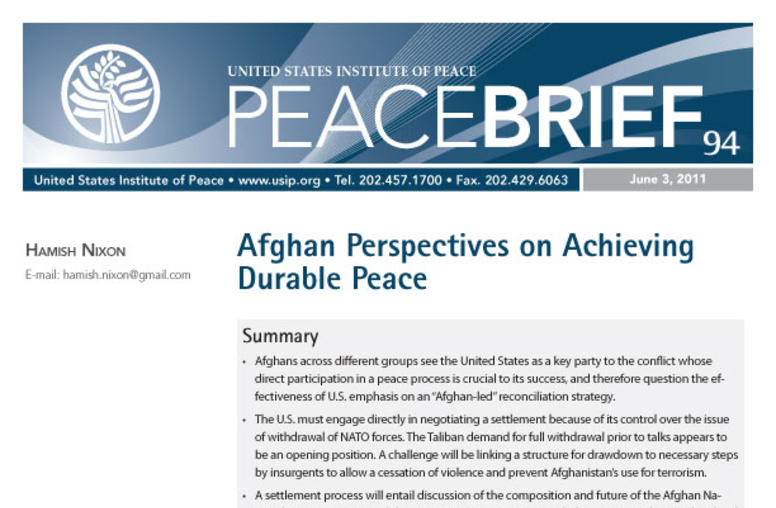
Afghan Perspectives on Achieving Durable Peace
This brief outlines key findings from the first phase of research on Afghan stakeholder views on the conflict. The author worked in Afghanistan for the World Bank and the Afghanistan Research and Evaluation Unit from 2005-2010, and has researched governance and peace processes in Southeast Asia, Central America and Afghanistan.
Laws of War
An American Red Cross survey released this spring shows that 59 percent of American youth believe there are times when it is “acceptable” to torture the enemy. And only one in five American youth is familiar with the Geneva Conventions, last revised in 1949, that define the way civilians and military personnel are to be treated in war.
USIP's Afghan Rule of Law at Work: Strengthening Long-Term Security
USIP was among the first organizations to focus on law and justice issues in Afghanistan after the September 11 attacks and the U.S.-led campaign against the Taliban and al-Qaida in 2001. Since 2002, USIP has been studying traditional dispute resolution in the country.
Saleh’s End?
USIP’s Steve Heydemann writes about what led to Yemeni President Saleh’s departure – and the potential end to his rule.
Peace: Trending Positive
At USIP’s second annual conference on conflict prevention, experts discussed how new data shows that peace is on the uptick – and what’s behind this positive trend.
Palestinian Delegation Visits USIP
On May 26, USIP welcomed a Palestinian delegation from the West Bank town of Qalqilya.
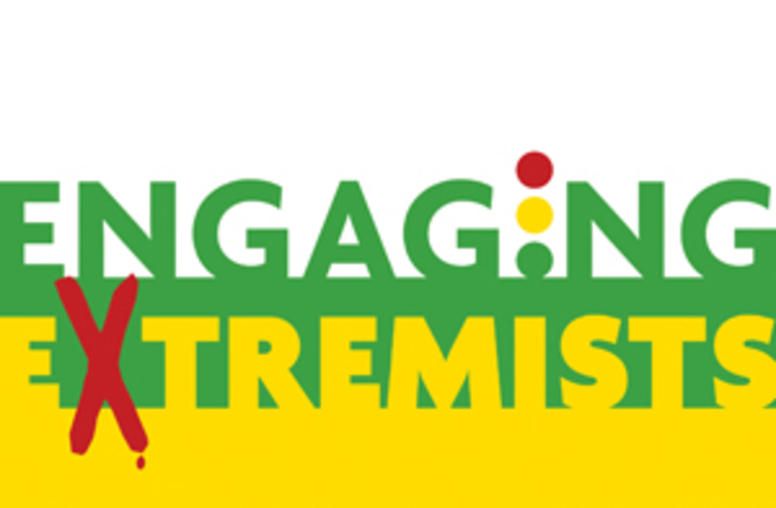
Engaging Extremists
Engaging Extremists concerns negotiation with political terrorist organizations, separating terrorist groups that can be engaged from those that, for the moment, cannot.
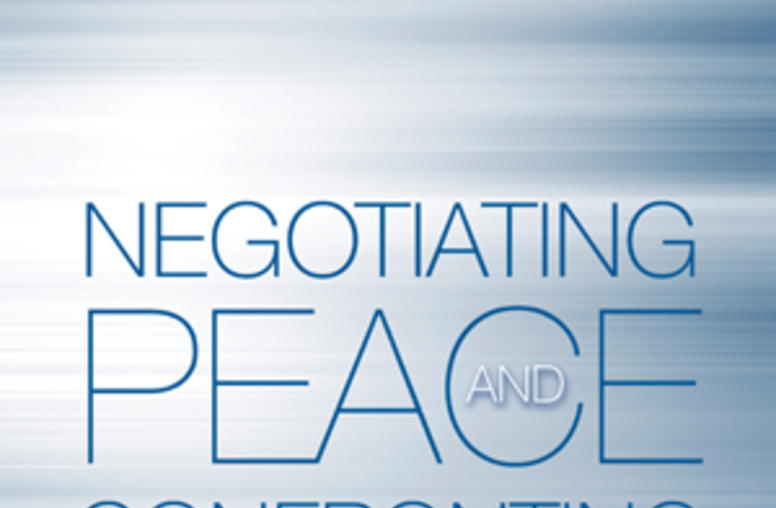
Negotiating Peace and Confronting Corruption
In Negotiating Peace and Confronting Corruption, Bertram Spector argues that the peace negotiation table is the best place to lay the groundwork for good governance.
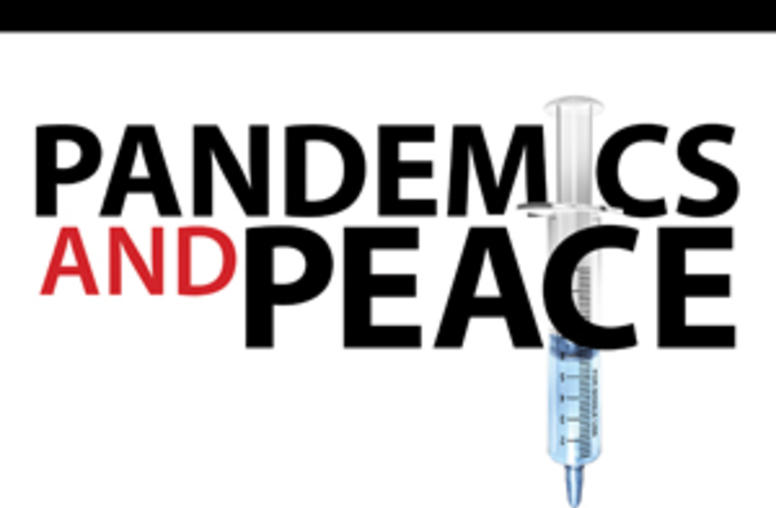
Pandemics and Peace
Pandemics and Peace examines disease surveillance networks of the Mekong Basin, Middle East, and East Africa to answer to interrelated questions: Why is interstate cooperation in an area of national vulnerability occurring among countries with a history of conflict? How do public-private networks deliver transnational public goods (health), and what factors facilitate or impede effective and legitimate transnational governance?